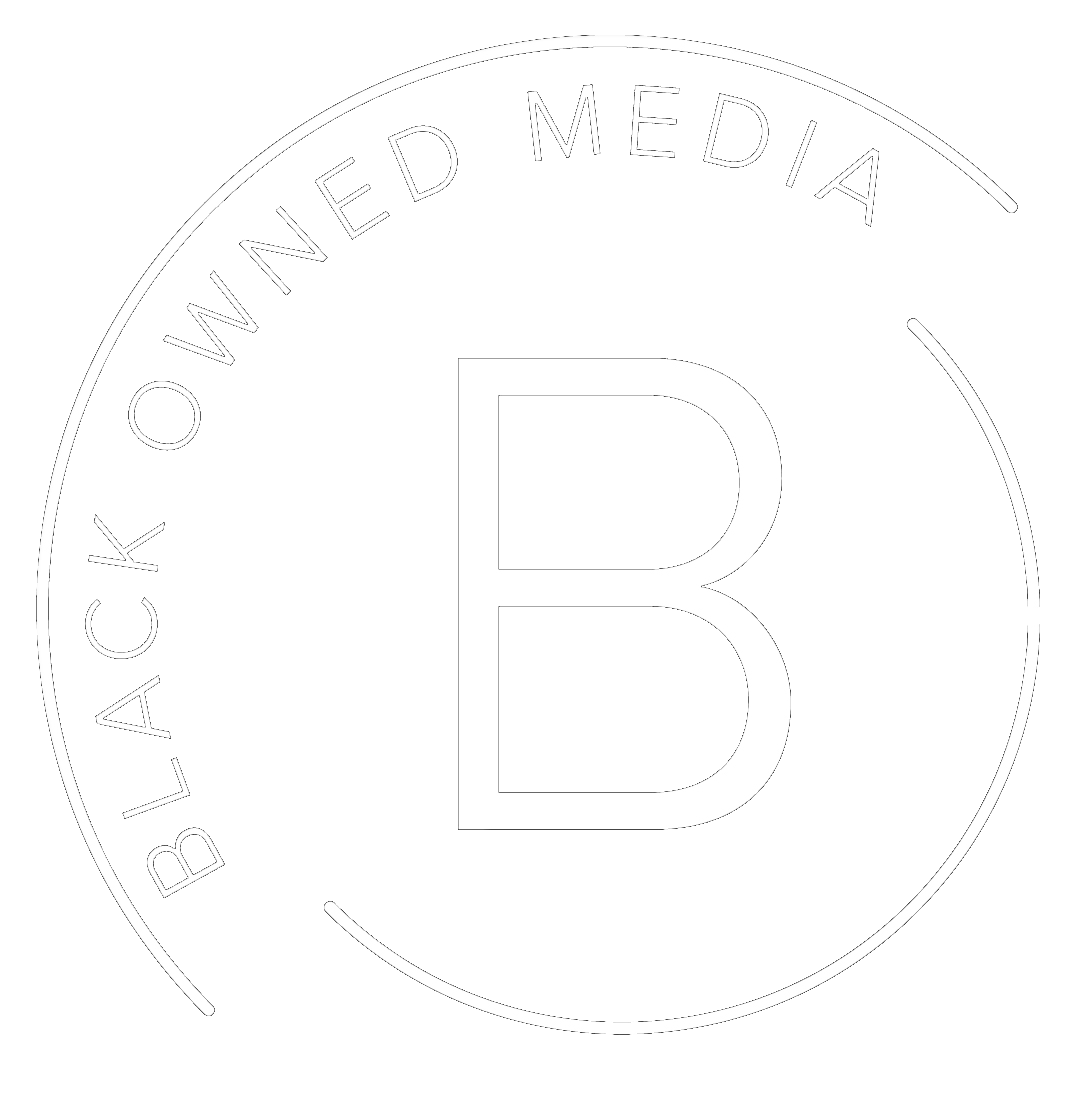This weekend I attended the ALSO Arts Law Conference where artists learned about the legal side of their industries. They covered topics like Labour and Employment law, Succession Planning, and Tax Issues for artists and included panels made up of industry vets in music, film and the fine arts.
The conference was hosted by the Artists’ Legal Services Ottawa, also known as ALSO, a group of volunteer lawyers, artists and arts industry professionals dedicated to connecting Ottawa-area artists with legal information and resources.
Many creators, including me, underestimate the value of understanding the law, but it’s very important. As a creator you have certain rights and it’s important to know what those are so you don’t get taken advantage of. Also, it’s the business side of creating, including legal stuff, that separates the hobbyists from the professionals. If you’re looking to make the leap from being a band having fun in your mom or dad’s garage to being a successful full-time musician you’ll need to understand the business side of the industry.
So here are a few takeaways from the ALSO Arts Law Conference:
1. Budget for business services
On the services side of SHIFTER, I marvel at the number of people we meet who create films, clothing collections, or albums and don’t budget for marketing. It’s the same for legal services. If you raise money to produce an album, film or collection, budget for legal services and other business costs.
2. Are you an employee or contractor?
As a creator you might be hired as an employee or as independent contractor. Generally speaking, and subject to some caveats, your intellectual property as an employee automatically is assigned to your employer, whereas a contractor retains his or her intellectual property unless that intellectual property is assigned to the employer. It’s important everyone is on the same page about whether you’re an employee or an independent contractor, what your entitlements are, and who owns what intellectual property.
3. You’re guilty until proven innocent
One surprising point came from a tax expert who mentioned that while in law you’re innocent until proven guilty, when it comes to taxes you are guilty until proven innocent. He referenced the case of a Halifax man who was demoted to a “hobby artist” by the Canada Revenue Agency and given a $14,000 tax bill. By far the scariest moment in the conference.
4. You might be contributing to the “underground economy”
When you think of the underground economy you think about prostitution, the drug trade, or organized crime, but cash businesses can also be considered a part of the underground economy if they aren’t reported as income. So if you’re teaching guitar or getting paid for a gig in cash you have to report it or you’re a part of the underground economy. Another surprising fact is that in Canada the courts can access your eBay, Square, or PayPal records.

5. Create a band agreement
In the music industry panel, entertainment lawyer, Byron Pascoe, noted that only a very small percentage of bands have a band agreement, but they should, or at the very least they should discuss the rules governing their relationship. This is something I never thought of, but it makes sense; a band is basically a business partnership. You should establish whether one person has the right to make decisions on behalf of the other band members, including regarding decisions that are made by songwriters, both while the band is active, and if (or when) the band breaks up.
6. You can’t protect ideas
Another good point to remember is that you can’t protect ideas, only the expression of ideas. For example, if you have a song in your head, that song doesn’t earn copyright protection, but if you sing the song into your phone and record it, or write it down on paper or on your screen, that’s an expression of the idea that automatically receives copyright protection. Same thing for film. If you have a film idea in your head you don’t get copyright protection, but if you have an actual script that you wrote, it has earned copyright rights.
7. Money isn’t everything
Also in the music industry panel, JUNO-winning jazz singer Kellylee Evans told the crowd about the recording deal that made her career. She was cautioned against signing the contract because the money being offered wasn’t good, but she went with her gut and signed anyway. The deal ended up giving her international exposure and ultimately helped make her career what it is today.
8. What happens to your art when you die?
This is an important question to answer. It made me understand why having a will is so important to a creator. As creators, we often own intellectual property, patents, copyrighted works (including scripts), and royalties on songs and television content. Who does this stuff go to when you die? Who gets paid when your show appears on television? This point really hit home.
Final thoughts
To be honest, after attending the conference, I can see why so many creators stay away from learning about the law side of their craft. As I sat in the crowd I asked myself, “How could someone make arts law more sexy to the average creative person?” The answer is there is no way. Those who are serious about their career or business will take this stuff into consideration and those who aren’t won’t.
Arts law is like vegetables- boring and takes you away from the more interesting things on your plate, like creating, but it’s absolutely essential and without it your business or career isn’t healthy.
If you’re an artist looking for legal services contact ALSO or an entertainment lawyer in your city.




